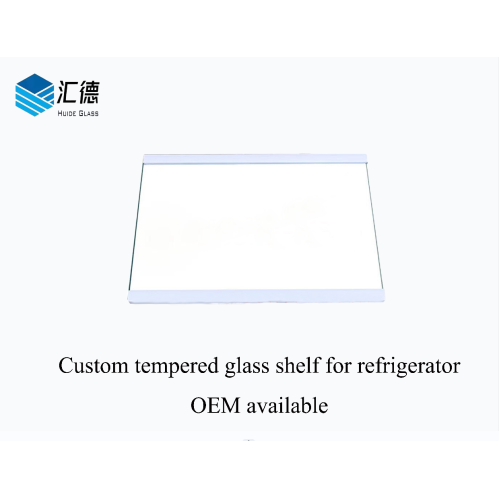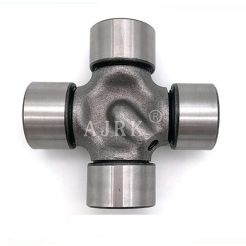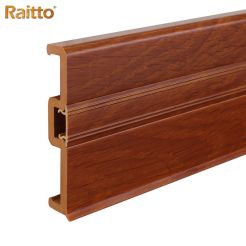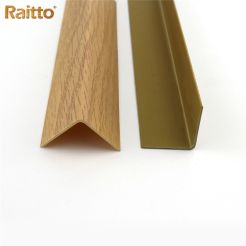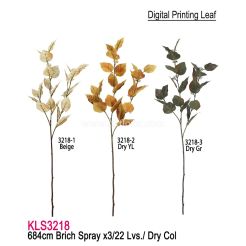tempered glass panels specifications
Product Description
Understanding the Specifications of Tempered Glass Panels in Home Appliances
Tempered glass is a popular material used in home appliances such as ovens, refrigerators, washing machine, and cooktops. It is a type of safety glass that undergoes a special heating and cooling process, which makes it four to five times stronger than regular glass. In this article, we will explore the different specifications of tempered glass panels used in home appliances and how they impact the overall performance and safety of the appliances.
Thickness
The thickness of tempered glass panels used in home appliances is typically between 3mm and 6mm. The thickness of the glass can impact its strength and durability. A thicker glass panel will be able to withstand more force and pressure, making it ideal for larger appliances such as ovens and refrigerators. On the other hand, thinner glass panels are suitable for smaller appliances such as microwaves and coffee makers.
Impact Resistance
One of the primary benefits of tempered glass is its ability to resist impact. The impact resistance of tempered glass is measured in terms of its ability to withstand a certain amount of force without breaking or shattering. This specification is particularly important for home appliances such as cooktops and ovens, where the glass can be exposed to high heat and impact from heavy pots and pans.
Heat Resistance
Tempered glass panels used in home appliances are designed to withstand high temperatures without breaking or shattering. The heat resistance of tempered glass is measured in terms of its ability to withstand thermal shock. Thermal shock occurs when a glass panel is exposed to sudden changes in temperature, such as when a hot pan is placed on a cold cooktop. The heat resistance of tempered glass panels can vary depending on the specific application and the thickness of the glass.
Scratch Resistance
Tempered glass panels used in home appliances are also designed to resist scratches and abrasions. The scratch resistance of tempered glass is measured in terms of its ability to withstand abrasion from materials such as sand, dirt, and other debris. The scratch resistance of tempered glass can vary depending on the quality of the glass and the specific application.
Transparency
Another important specification of tempered glass panels used in home appliances is their transparency. The transparency of tempered glass is measured in terms of its ability to transmit light. This specification is particularly important for appliances such as refrigerators and ovens, where the glass is used to display food items and monitor cooking progress. The transparency of tempered glass can vary depending on the thickness of the glass and the manufacturing process used.
Conclusion:
Tempered glass panels are a popular material used in home appliances due to their strength, durability, and safety features. Understanding the different specifications of tempered glass panels can help home appliance manufacturers select the appropriate glass for their specific applications. Whether it is thickness, impact resistance, heat resistance, scratch resistance, or transparency, each specification plays a crucial role in determining the overall performance and safety of home appliances. By selecting the right tempered glass panels, manufacturers can ensure that their appliances meet the highest standards of quality and reliability.
